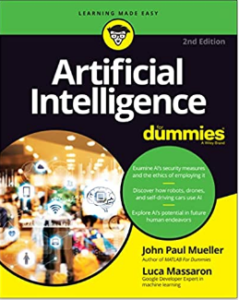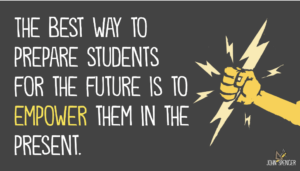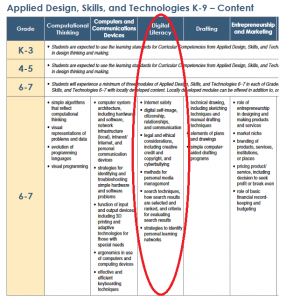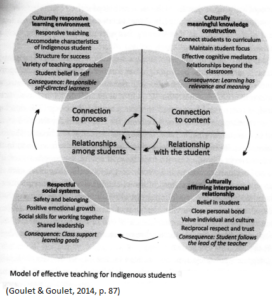I was looking forward to this debate. It was the last debate and the first one where I was still determining how to vote before the debate started. I still don’t know how to vote. I kept going back and forth with my decision, depending on what was being said.
I agree
I agree with the benefits of AI for educators presented by Rokhsareh and Haniey. They stated that AI can create personalized learning experiences, help with assessment and feedback to students, assist in planning and revising curriculum, enhance collaboration and engagement, and be a time saver for teachers.
I introduced ChatGPT to my YTNEP students as I am instructing a course on the teaching of writing. I wanted to share what I learned in this class with them, as they will soon be confronted with ChatGPT when they begin teaching. I was surprised that they did not know very much about it and had never tried it. It was fun to see their faces when I asked ChatGPT to create a marking rubric for a writing assignment. One of the students asked it a question in French, and received a reply in the same language. That was entertaining. Another student is on a special diet and asked it to create a list of recipes for her. We also discussed the ethics behind using ChatGPT in the classroom. I shared this Youtube video with the class. It shows how ChatGPT helped with correcting an error in writing code. This assist can be applied to helping students with math, chemisty or physics problems.
This story shows how AI technologies can personalized learning experiences, help with assessment and feedback to students, and be a time saver for teachers; all benefits presented by Rokhsareh and Haniey.
I disagree
I found myself agreeing with George and Kanwai when it was their turn to present their arguments. I believe it was Kanwai who said, “AI is a tool of support but it can’t teach you how to be a good human being.” Another point they made was that AI is not to replace teachers but to increase their ability. The issue of creativity was addressed; AI can enhance teacher creativity but not replace it. I agreed with their point that there is a lack of trust with AI. This is a huge barrier for some people, I know it is a barrier for me.
What next?
I needed some time to think about the issues raised during the debates. I also wanted to reflect on the experience of sharing ChatGPT with pre-service teachers as they are part of the future of education. I know I seriously need this book:

This quote best sums my thoughts. It is from John Spenser’s blog “Human Skills in a World of Artificial Intelligence”

This is good advice for all of us. We can not predict what the future holds or where AI will take us so perhaps there isn’t an answer for Debate #6. I think that the unknown future is showing us that teachers are more important than ever before.




